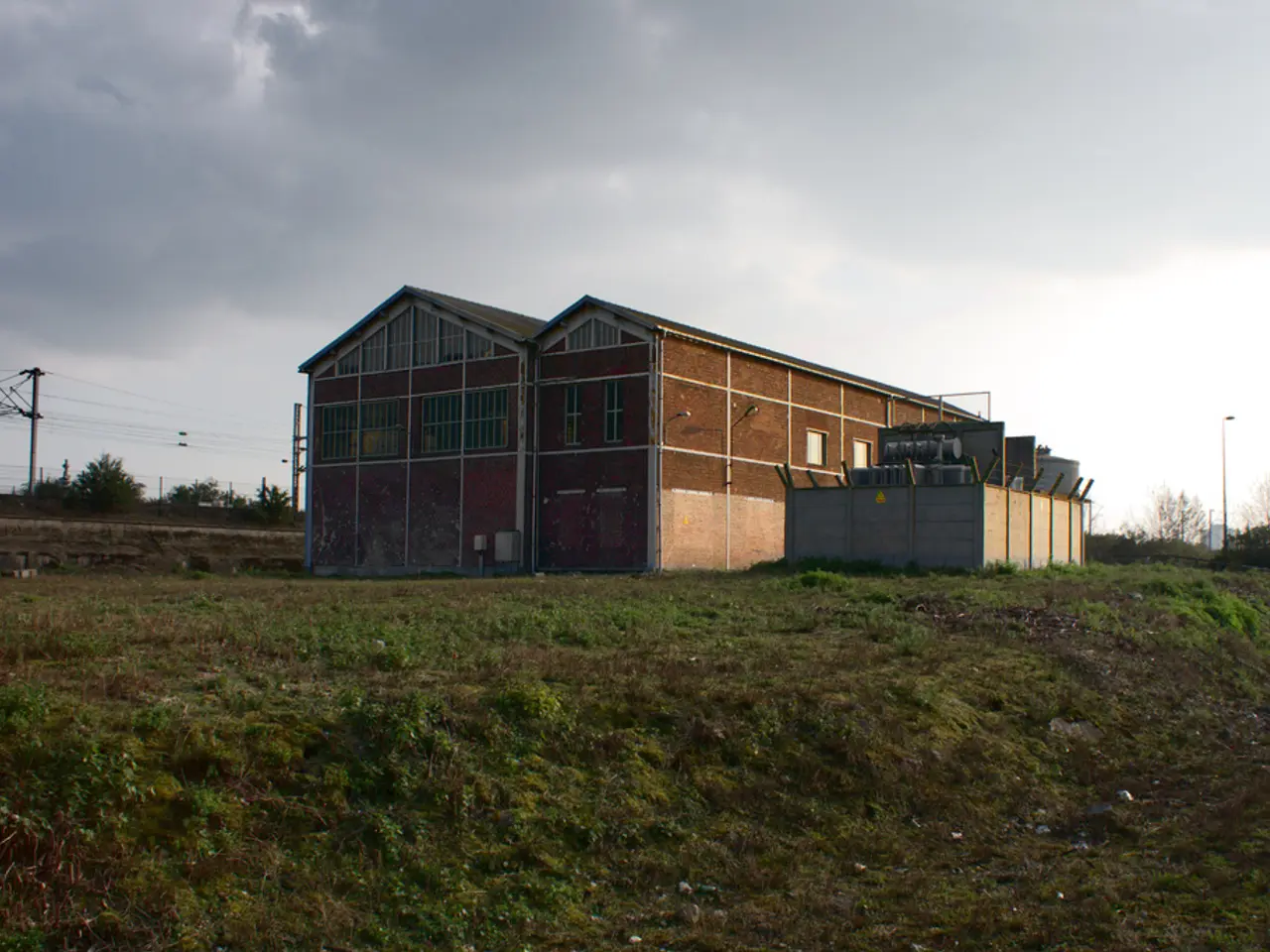ESO sets live date of 1st January 2025 for reforms in transmission system for energy transition
The UK is making significant strides in its journey towards a net-zero carbon future, with various key developments in the energy sector.
In a major boost for renewable energy, solar panels can now be installed in canopies above car parks, provided they are at least 10 metres away from people's homes. This change, welcomed by the solar panel industry, marks a step towards harnessing renewable energy in innovative ways.
The UK, along with 117 other countries, has signed the Global Renewables and Energy Efficiency Pledge, committing to treble renewable energy to 11TW by 2030. This ambitious pledge underscores the UK's commitment to leading the global clean energy transition.
The Department for Transport has announced a £70 million scheme to boost the number of ultra-rapid charge points at motorway service stations for zero-emission vehicles. This move is part of the UK's efforts to support the growth of electric vehicles and reduce carbon emissions from transportation.
Transmission system reforms are another crucial part of the UK's energy transition. The UK government and Ofgem are actively reforming the electricity transmission system to improve grid flexibility and better integrate renewable generation. These reforms aim to enable priority energy infrastructure planning and expand renewable auctions, supporting cleaner, resilient energy networks.
Local energy projects are also receiving attention. E.ON has launched the UK’s first community solar pilot in East London, highlighting the potential of local solar-sharing schemes to reduce energy bills and emissions. The pilot pushes for removing environmental and social levies from locally consumed renewable energy, which currently unfairly penalise such projects and deter investment.
The emphasis on community solar and rooftop sharing pilot projects reflects evolving regulatory discussions about making local solar more financially attractive and scalable. Stakeholders argue current levies on local solar increase costs above fossil fuels, creating barriers that reforms aim to address.
The UK continues to maintain legally binding targets for Net Zero by 2050 and has a Clean Power 2030 Action Plan facilitating investment in clean energy infrastructure and decarbonisation technologies. Nearly £22 billion is pledged for carbon capture and hydrogen projects, reinforcing the UK’s ambition to be a global clean energy leader.
More homeowners and businesses can now install solar panels without requiring planning permission, thanks to recent reforms. Current rules requiring planning permission for businesses generating more than 1MW of power from solar panels have been scrapped. The fast track planning rules for rooftop solar panel installation have also been extended.
To ensure business customers are protected, Ofgem has published a set of proposals to expand protections for business energy customers. Ofgem's proposals aim to improve levels of service to businesses, clarify costs paid to third-party energy brokers, and expand transparency rules.
In addition, the UK government has announced funding of £140 million to support developing countries progress towards net zero by strengthening access to affordable renewable energy.
These developments underscore the UK’s commitment to a net-zero carbon future, involving a complex mix of system reforms, funding initiatives, and local projects, all aimed at accelerating renewable integration, supporting local clean energy, and ensuring a resilient, decarbonised power system ahead of targets like COP28 and beyond.
[1] Source [2] Source [3] Source [4] Source [5] Source
- The UK's latest move to scrap planning permissions for business solar panel installations generating more than 1MW of power could stimulate growth in the solar energy and business industries.
- The Department for Transport's plan to expand the number of ultra-rapid charge points for zero-emission vehicles in motorway service stations shows the country's commitment to the finance and electric vehicle sectors, as part of its transition to a net-zero carbon future.




